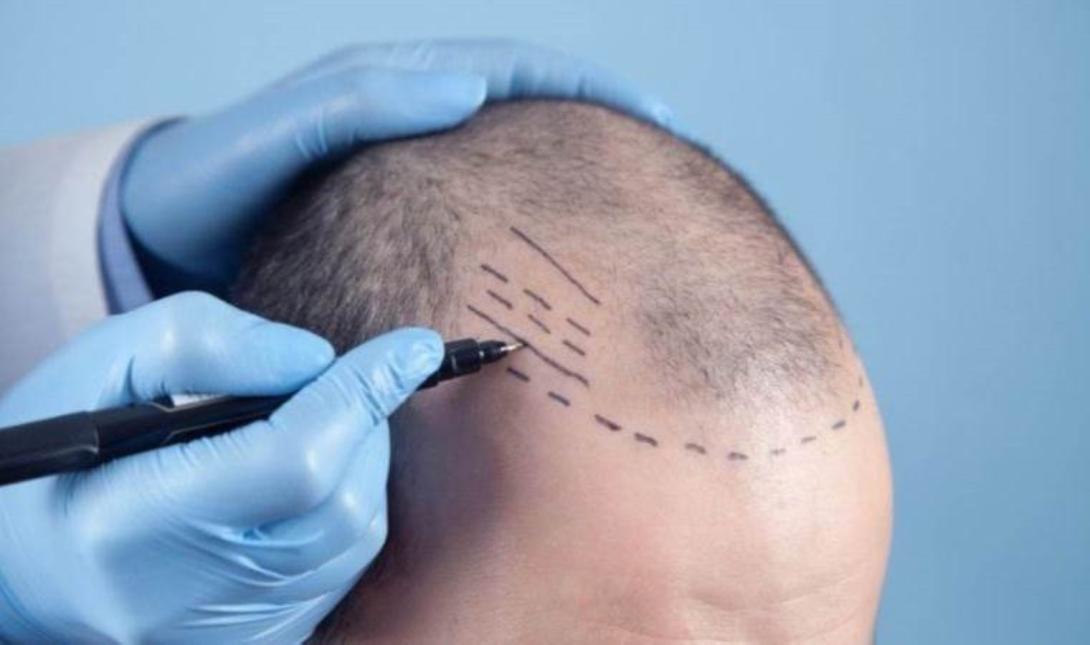
Undergoing a hair transplant in Riyadh is a significant step towards restoring your hair and confidence. However, the post-operative recovery period is equally crucial for achieving optimal results. By understanding the recovery process and following essential tips, Riyadh patients can minimize discomfort, promote healing, and ensure the success of their procedure.
Immediate Post-Operative Care:
The first few days after a hair transplant are critical. Expect some swelling, redness, and mild discomfort in the recipient and donor areas.
- Rest and Elevation: Rest is paramount during the initial days. Elevate your head with extra pillows while sleeping to minimize swelling.
- Pain Management: Your surgeon will prescribe pain medication to manage any discomfort. Take medications as directed.
- Avoid Touching or Scratching: Resist the urge to touch or scratch the transplanted grafts. This can dislodge the follicles and compromise the results.
- Gentle Cleansing: Follow your surgeon's instructions for gently cleansing the scalp. Avoid harsh shampoos or soaps.
- Cold Compresses: Apply cold compresses to the forehead and temples to reduce swelling.
First Week of Recovery:
During the first week, the transplanted grafts will begin to settle, and the healing process will progress.
- Continue Gentle Cleansing: Continue to gently wash your scalp as instructed by your surgeon.
- Avoid Strenuous Activities: Avoid strenuous physical activities, heavy lifting, and excessive sweating.
- Medication Adherence: Continue taking prescribed medications, including antibiotics and anti-inflammatory drugs.
- Follow-Up Appointments: Attend all scheduled follow-up appointments with your surgeon to monitor your progress.
- Avoid Direct Sunlight: Protect your scalp from direct sunlight by wearing a loose-fitting hat or using sunscreen.
Second Week and Beyond:
By the second week, the swelling and redness will subside significantly. The transplanted grafts will begin to shed, which is a normal part of the process.
- Shedding Phase: Do not be alarmed if the transplanted hairs begin to shed. This is a temporary phase, and new hair growth will begin in a few months.
- Gradual Return to Normal Activities: Gradually resume normal activities, but continue to avoid strenuous exercise for a few more weeks.
- Scalp Care: Continue to follow your surgeon's instructions for scalp care, including using prescribed shampoos and conditioners.
- Patience is Key: Remember that hair growth is a gradual process. Full results may take 12-18 months.
- Moisturizing: Keep the scalp moisturized according to the clinics instructions.
Specific Considerations for Riyadh Patients:
Riyadh's hot and dry climate requires specific considerations during the recovery period.
- Hydration: Stay well-hydrated by drinking plenty of water.
- Sun Protection: Protect your scalp from the intense sun by wearing a hat and using sunscreen with a high SPF.
- Avoid Excessive Sweating: Minimize exposure to heat and humidity to avoid excessive sweating, which can irritate the scalp.
- Dust and Sand: Be mindful of dust and sand, which can irritate the scalp. Wear a loose-fitting hat or scarf when outdoors.
- Consult your doctor regarding local water conditions: Sometimes local water can affect the scalp, and your doctor may recommend bottled water for washing the head during the immediate recovery phase.
Diet and Lifestyle:
A healthy diet and lifestyle can support the healing process and promote hair growth.
- Nutrient-Rich Diet: Consume a balanced diet rich in protein, vitamins, and minerals.
- Avoid Smoking and Alcohol: Refrain from smoking and alcohol consumption, as they can hinder healing.
- Stress Management: Practice stress-reduction techniques, such as meditation or yoga, as stress can affect hair growth.
- Proper Sleep: Ensure you get enough sleep to allow your body to heal.
When to Seek Medical Attention:
Contact your surgeon immediately if you experience any of the following:
- Excessive bleeding or swelling
- Signs of infection, such as redness, warmth, or pus
- Severe pain that is not relieved by medication
- Any unusual changes in the scalp
Follow-Up Care:
Regular follow-up appointments with your surgeon are essential for monitoring your progress and addressing any concerns.
- Monitor Hair Growth: Your surgeon will assess the growth of your transplanted hair and ensure that the healing process is progressing as expected.
- Address Concerns: Use follow-up appointments to ask questions and address any concerns you may have.
- Long-Term Care: Your surgeon can provide guidance on long-term hair care and maintenance.
By adhering to these recovery tips and maintaining open communication with your surgeon, Riyadh patients can achieve successful hair transplant results and enjoy a fuller, healthier head of hair.

